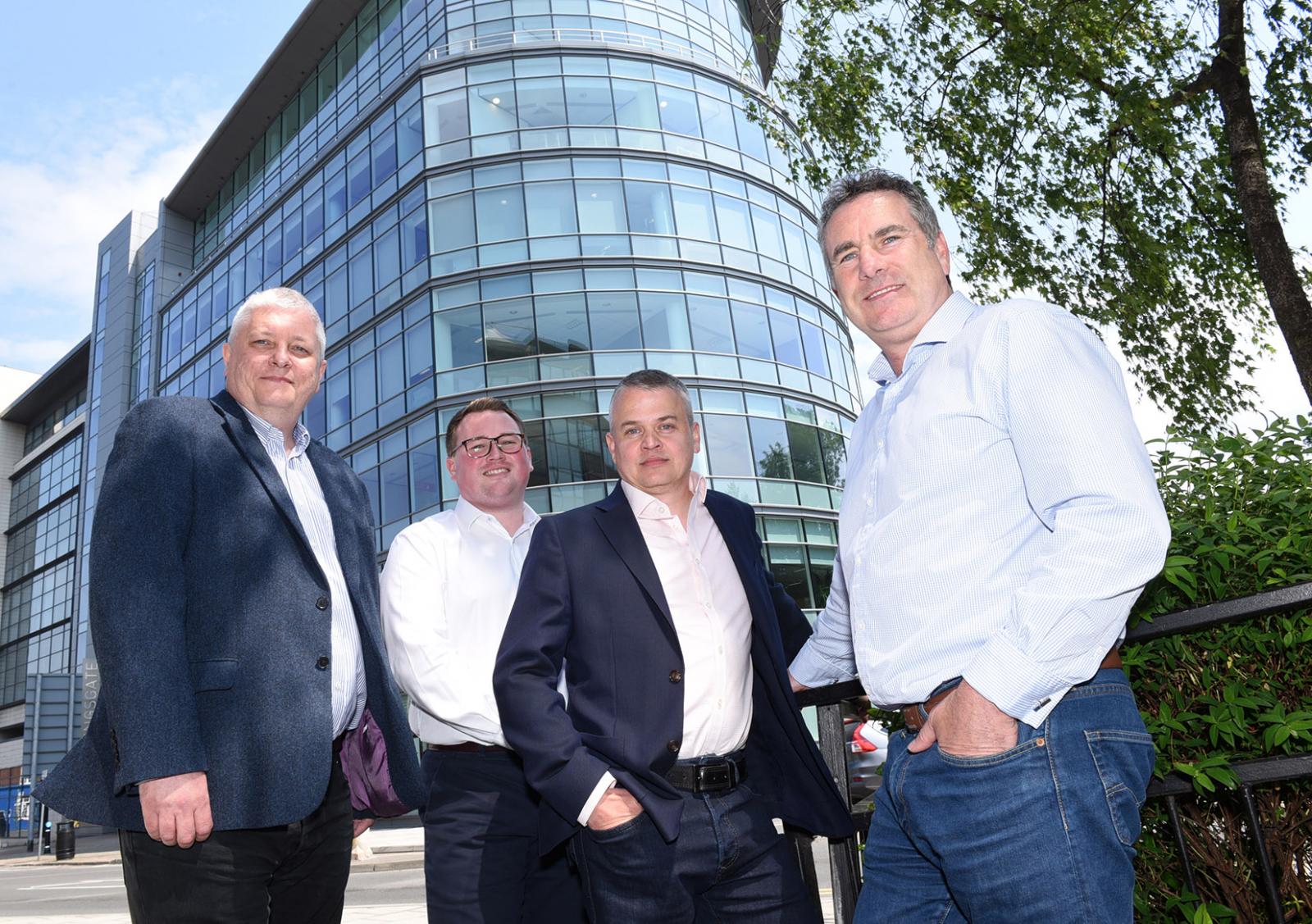
One of the UK’s leading specialists in utility management has moved into new headquarters in Surrey as part of ambitious plans to save industry £5m in energy costs next year.
Control Energy Costs, which provides industry with a full utility management, procurement and site works service, has invested £175,000 into taking on and fitting out a 2,500 sq ft Grade A office space at the Kingsgate development in Redhill.
The relocation from Tollers Farm marks an impressive period of expansion for the firm, who saved its clients – across automotive, aerospace, construction, nuclear and oil and gas – more than £4m on its energy bills in 2017.
It comes just a few months after it launched a Midlands office to broaden its geographic coverage and increased its workforce to 26, including a 10-strong team of experienced energy analysts.
“The pace we were growing at necessitated the need for a new base and we were delighted when we found the Kingsgate development in Redhill, a town that is going through a significant regeneration programme,” explained Phil Ager, who led the MBO of CEC in 2014.
“What we have now is an open plan office that can seat up to 24people, excellent IT infrastructure and dedicated rooms for meeting clients. The fact we have a train station and the M25 on our doorstep are both major plus points.”
He continued: “Since the MBO we have steadily grown into a £2m business, with aspirations to accelerate that to £3m over the next two years. This relocation, combined with the Midlands opening, will give us the platform to achieve this.”
Control Energy Costs work withhundreds ofretained manufacturing clients across the UK, with its team of analysts providing an initial, no-obligation audit and then working with the customer to identify existing issues and opportunities to reduce bills, whilst advising on improving future procurement strategies.
Following feedback from clients, the company has recently launched CEC Direct as a transparent, clear and valuable alternative to the majority of energy brokers.
Unlike most, it declares what it will do and its costs in a Service Agreement with the client, removing hidden fees or hidden commission.
Phil went on to add: “There’s a lot of people trying to move into the utilities management sector, many of those looking to make a ‘quick buck’ without fully getting to know what the client needs.
“We are the complete opposite, spending a lot of time listening to and identifying the issues and then coming up with a plan of action to help them manage their utilities better. This could be renegotiating contracts, providing guidance on tax relief or looking at new energy measures they can implement.”
He concluded: “The aim is to become a long-term strategic partner so we can generate savings and help them become more energy efficient and a greener manufacturer in the process.”